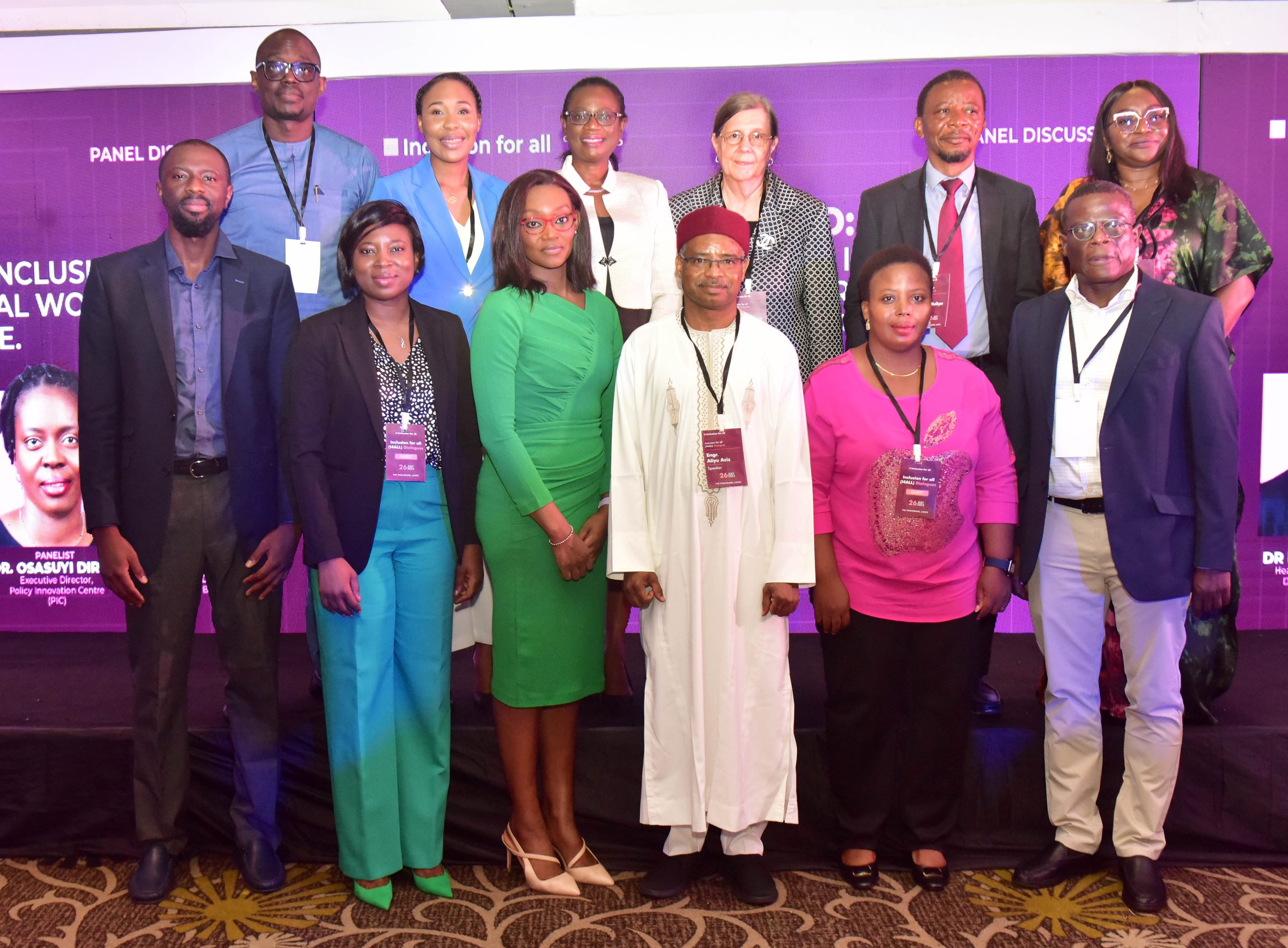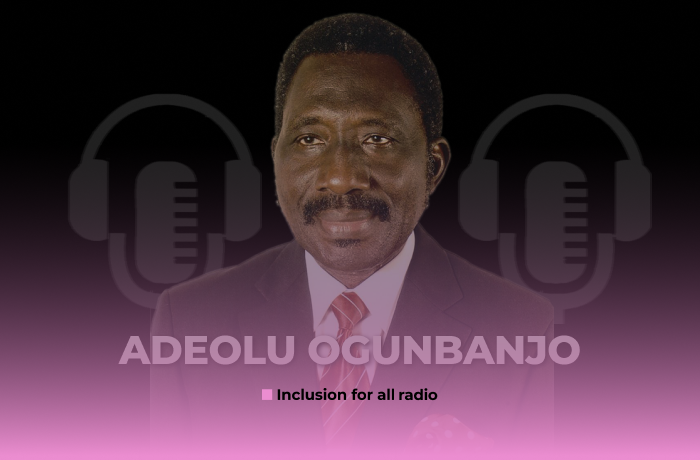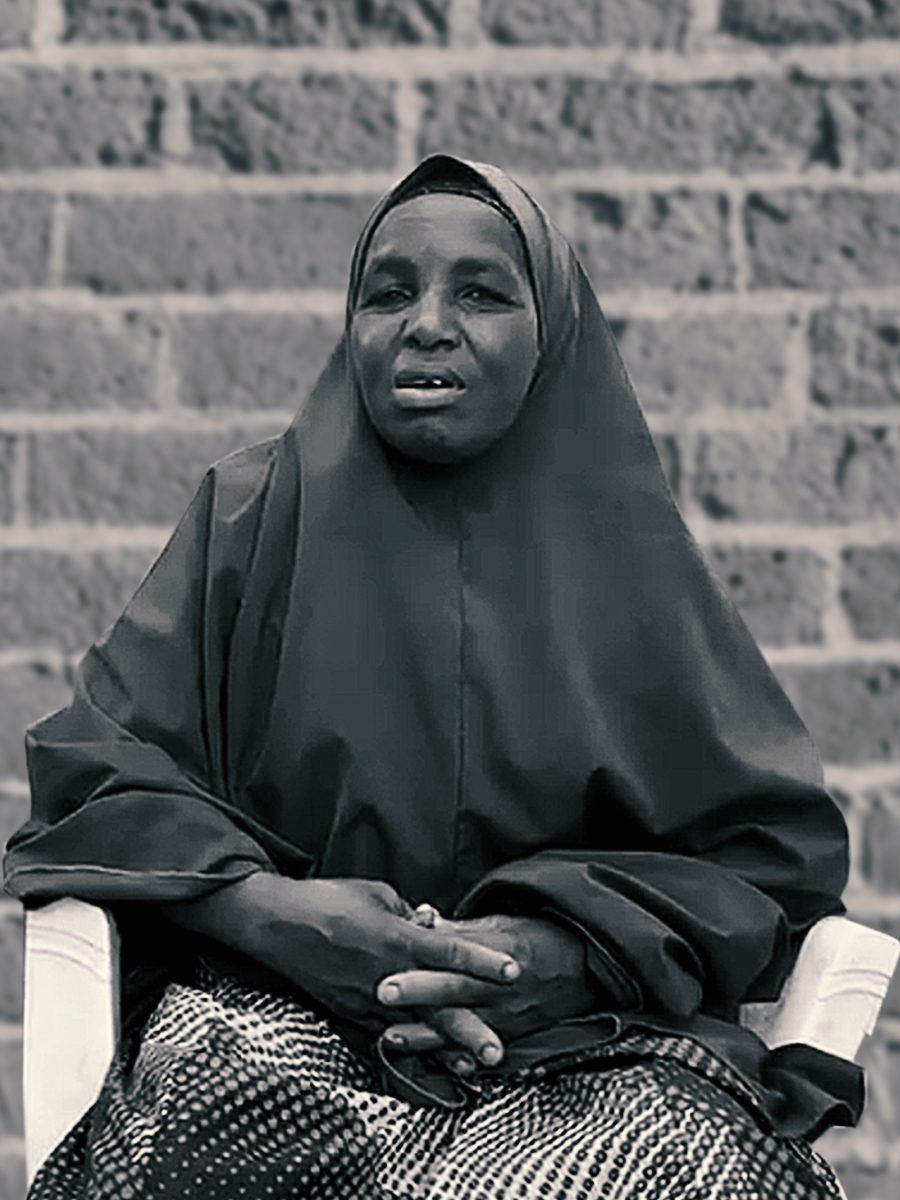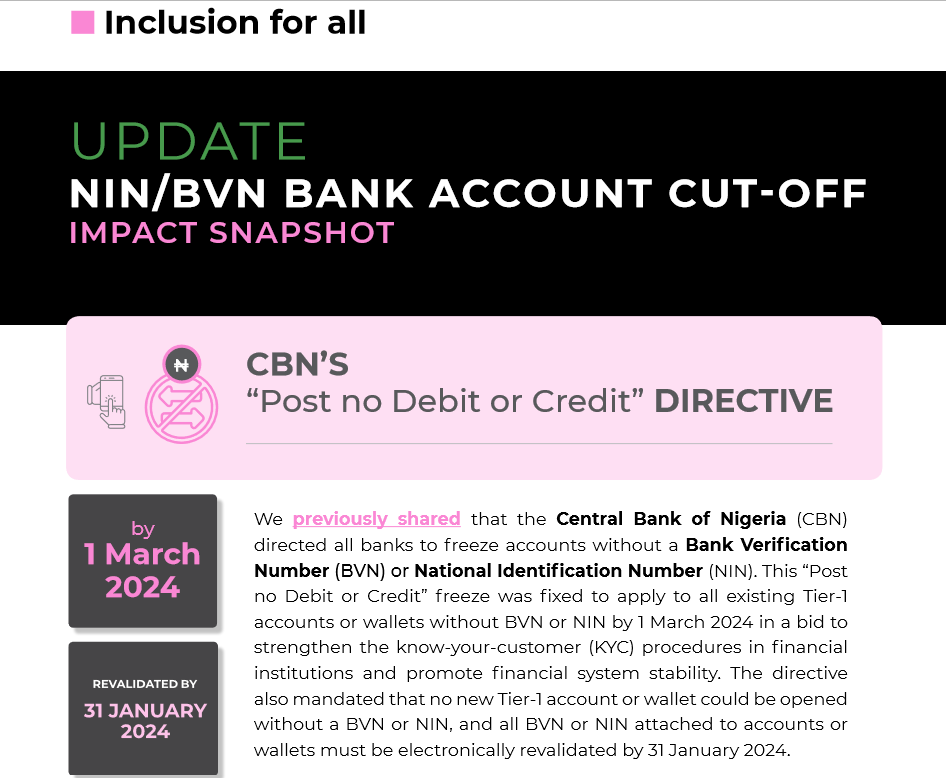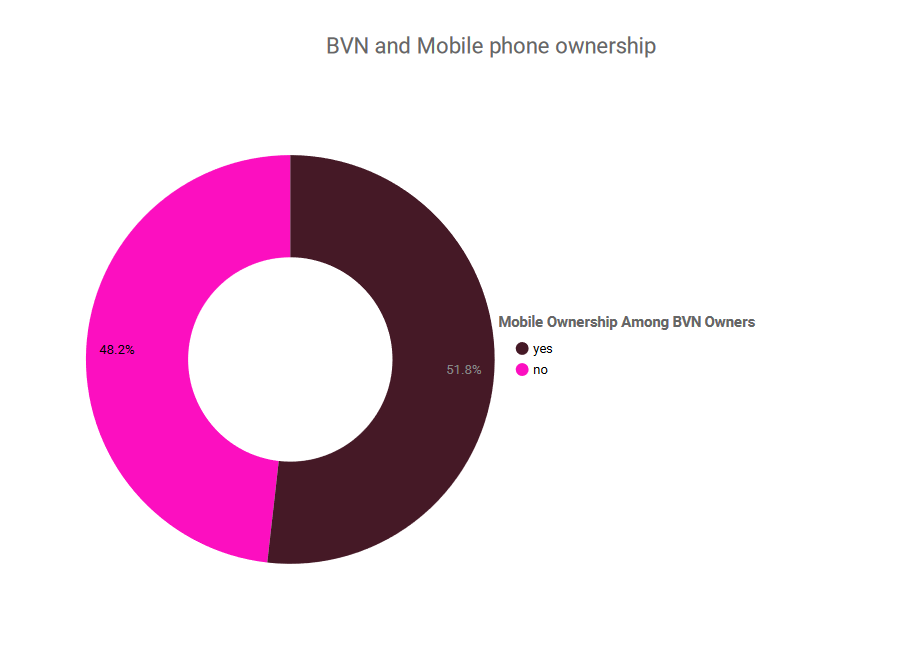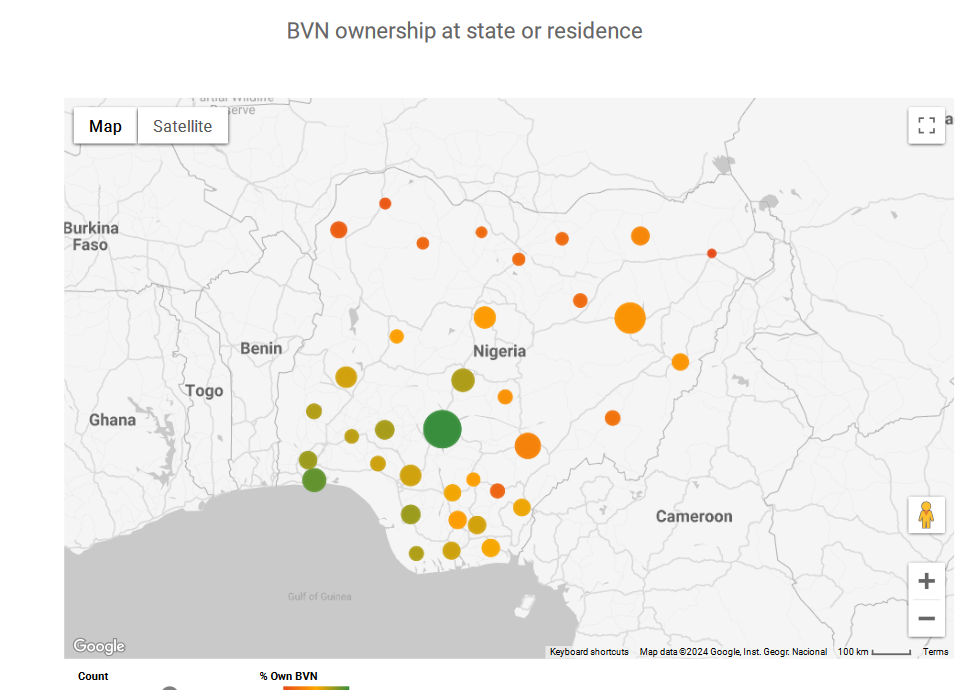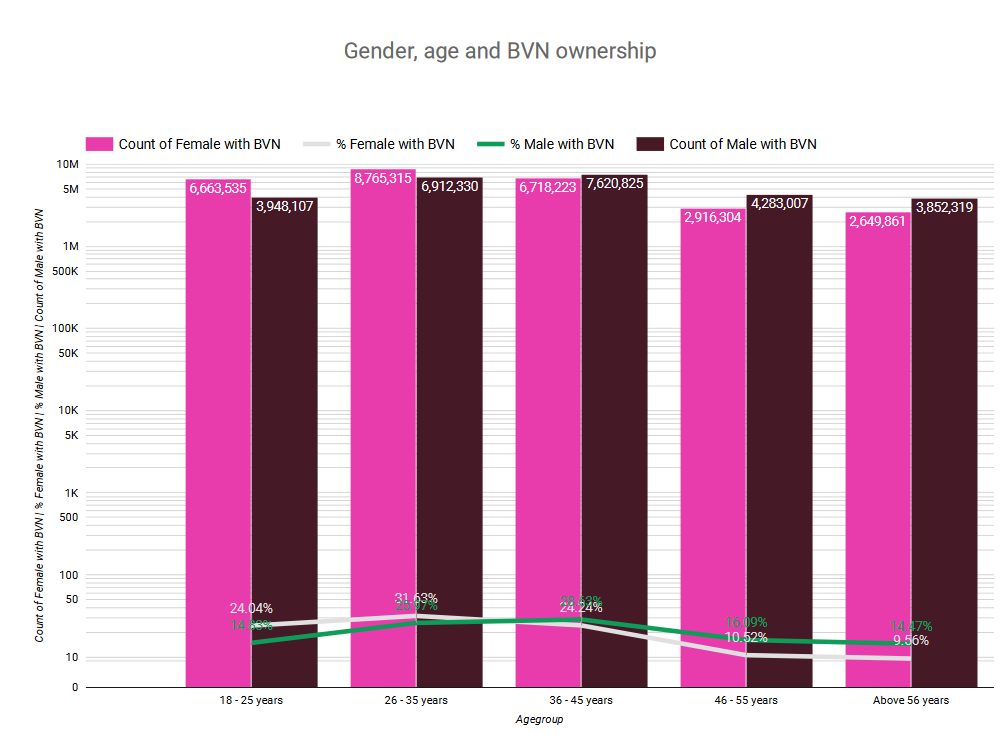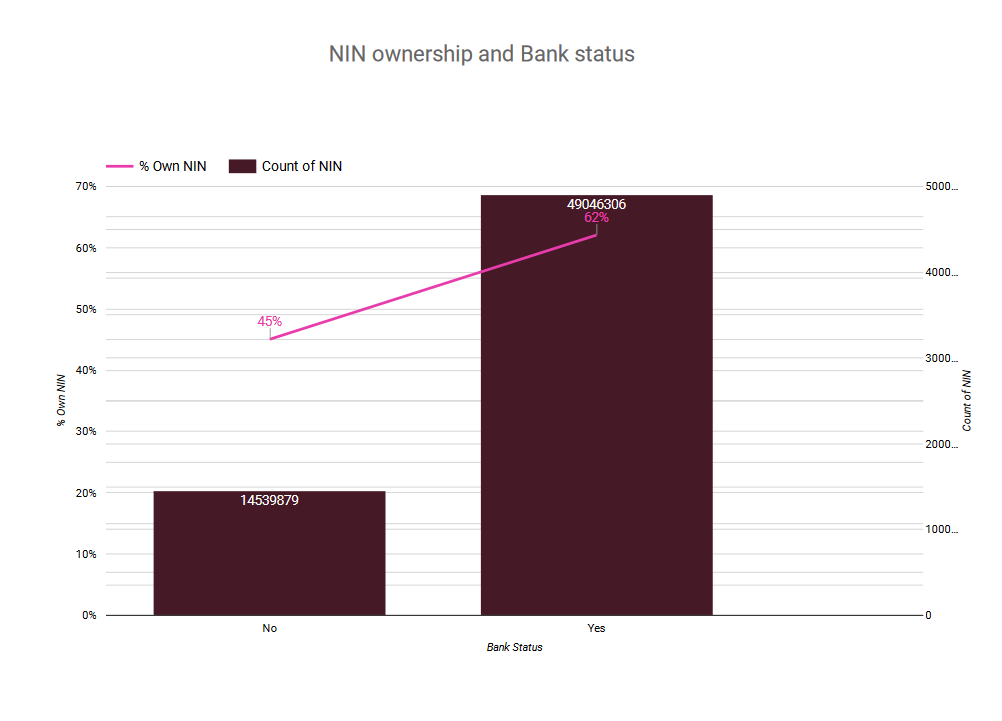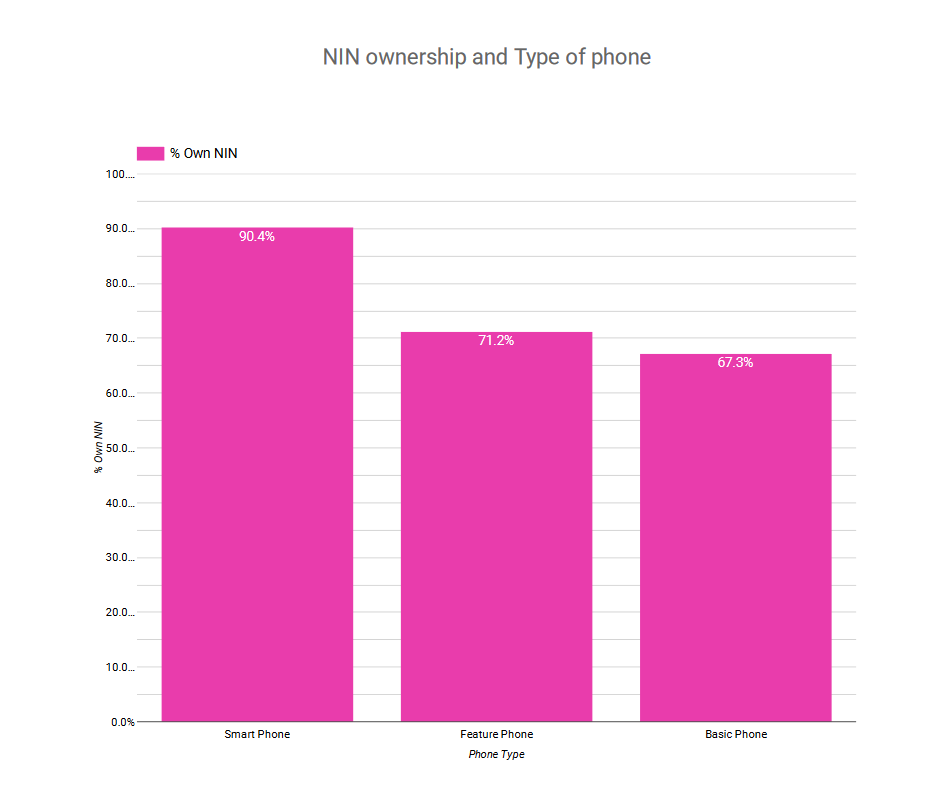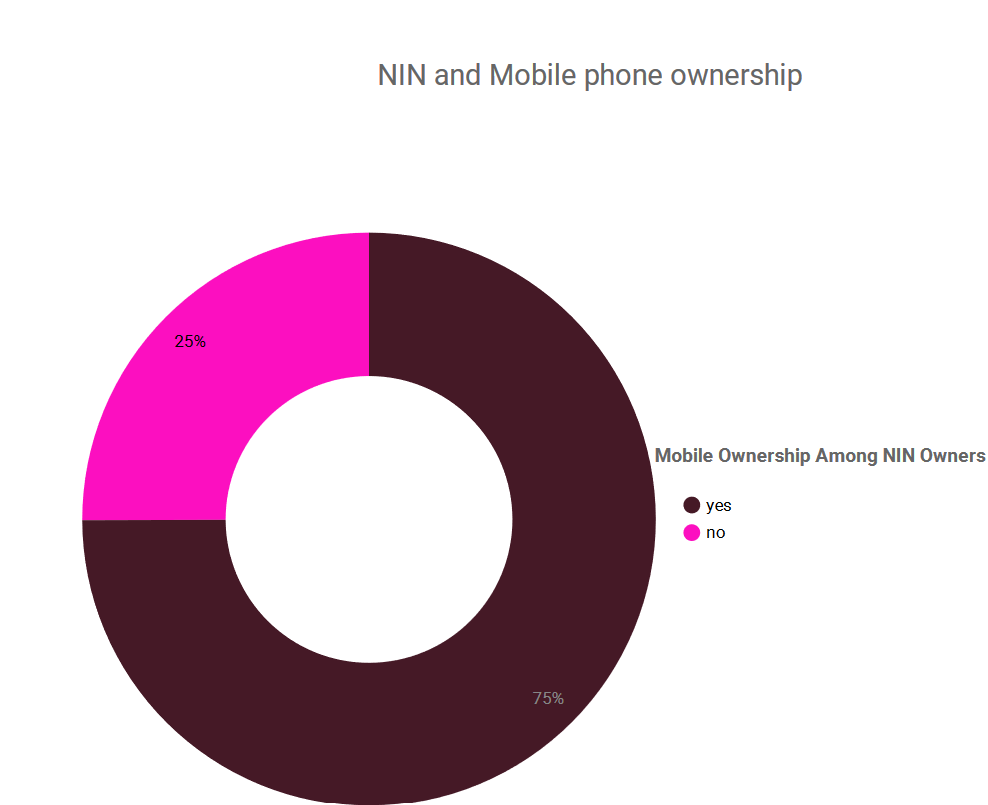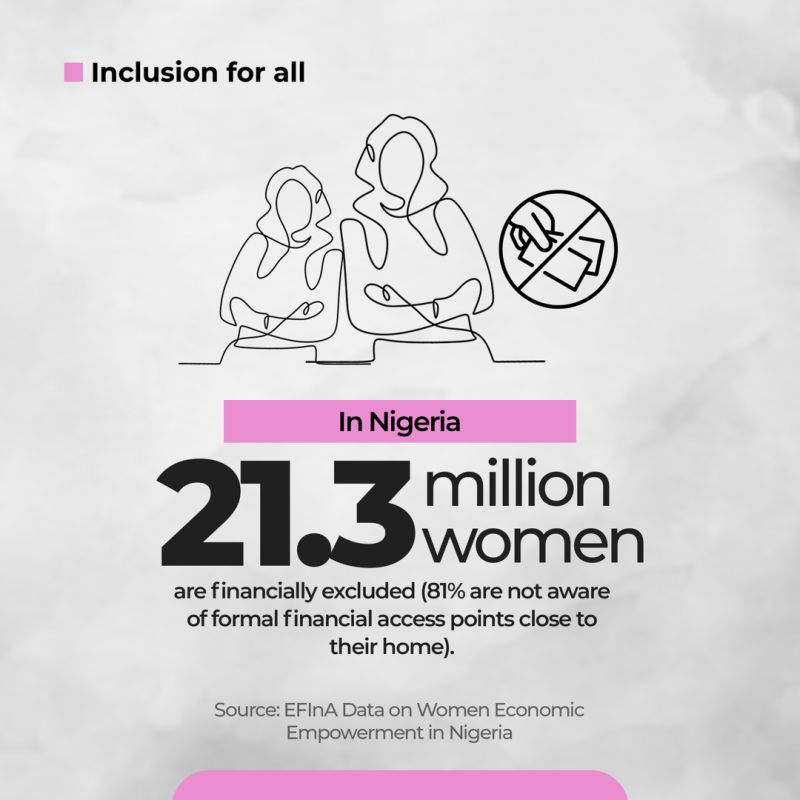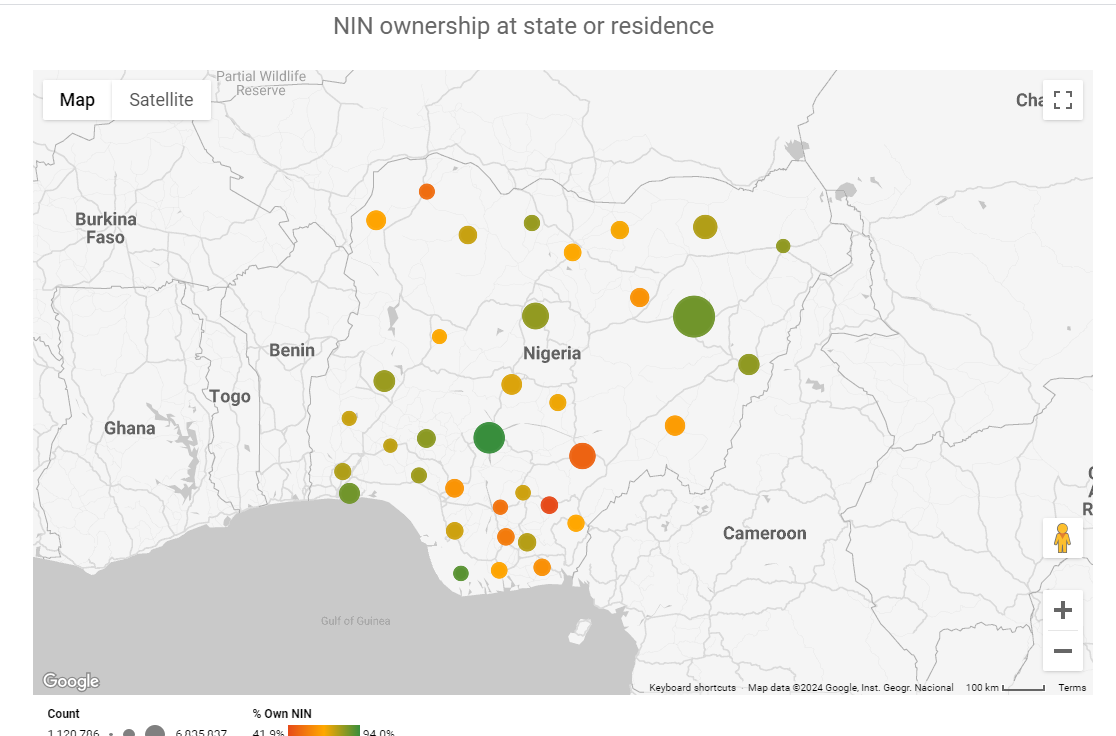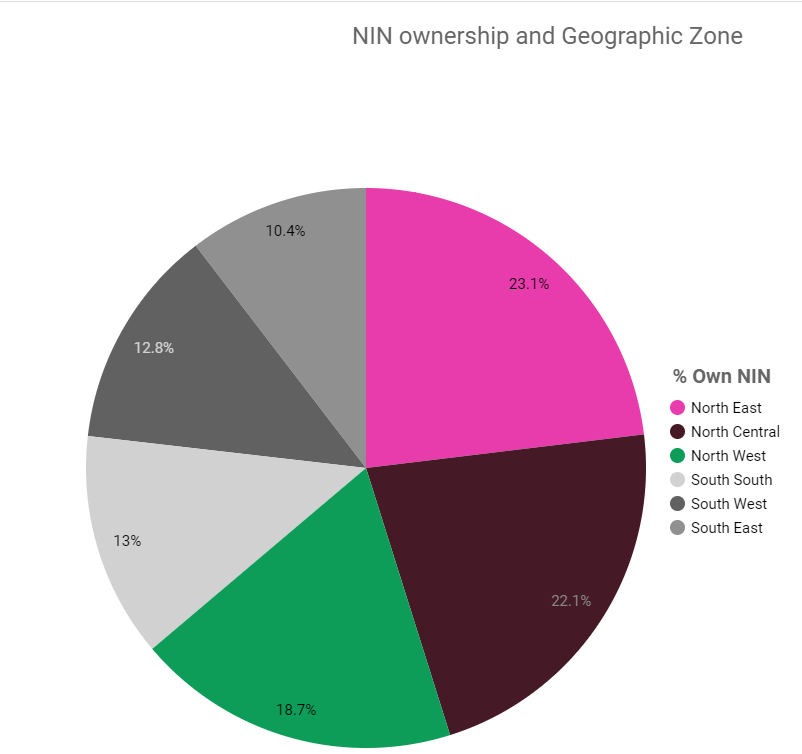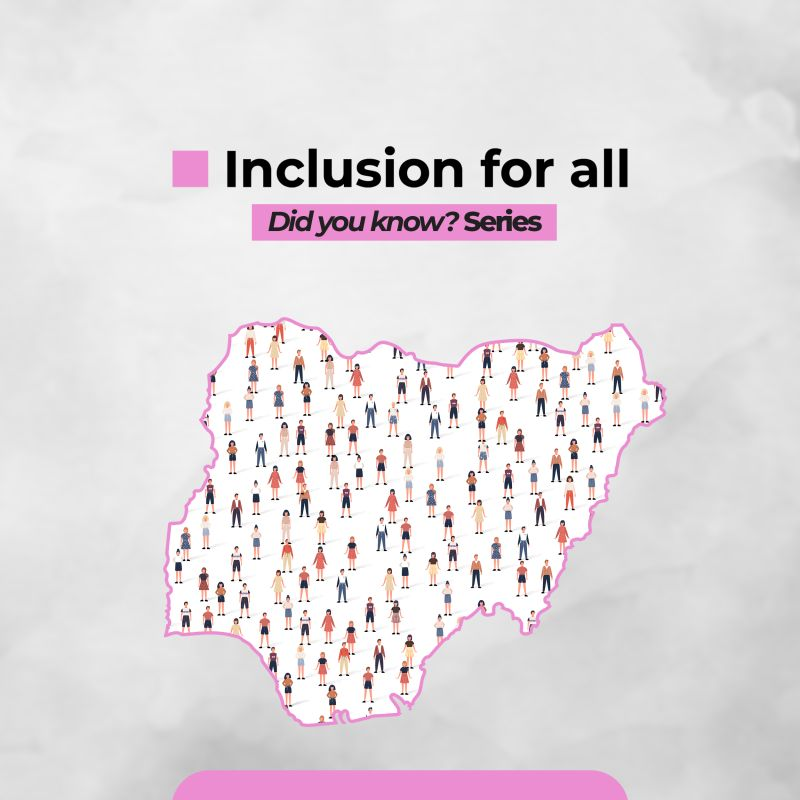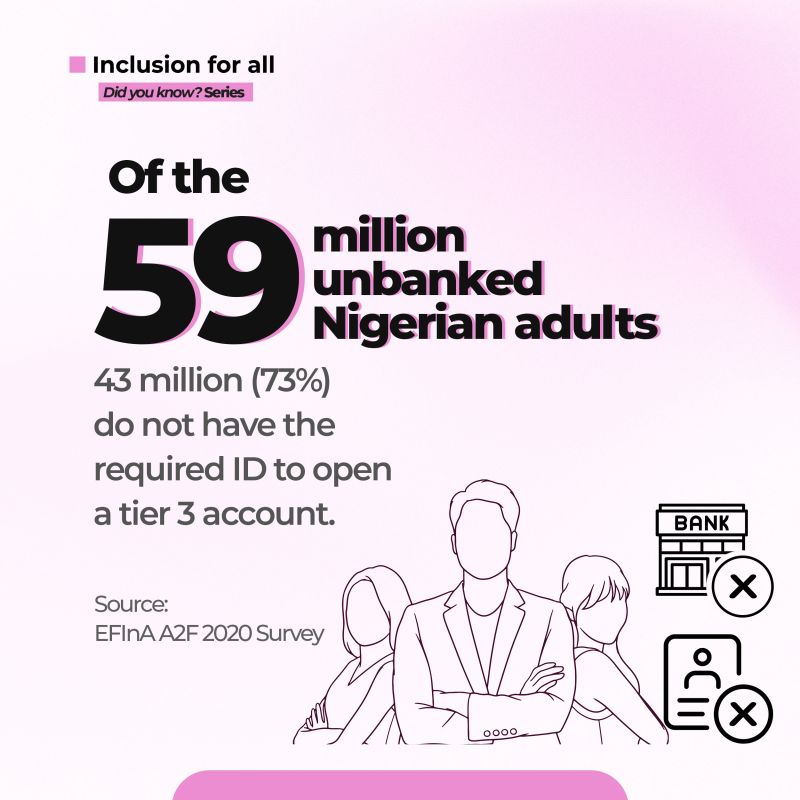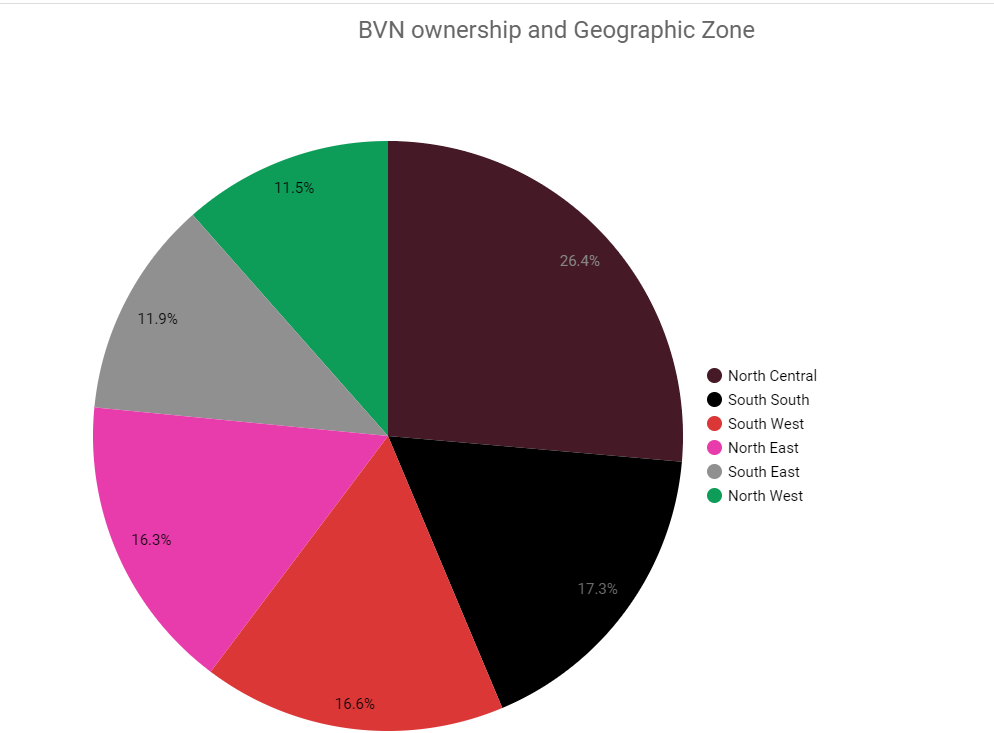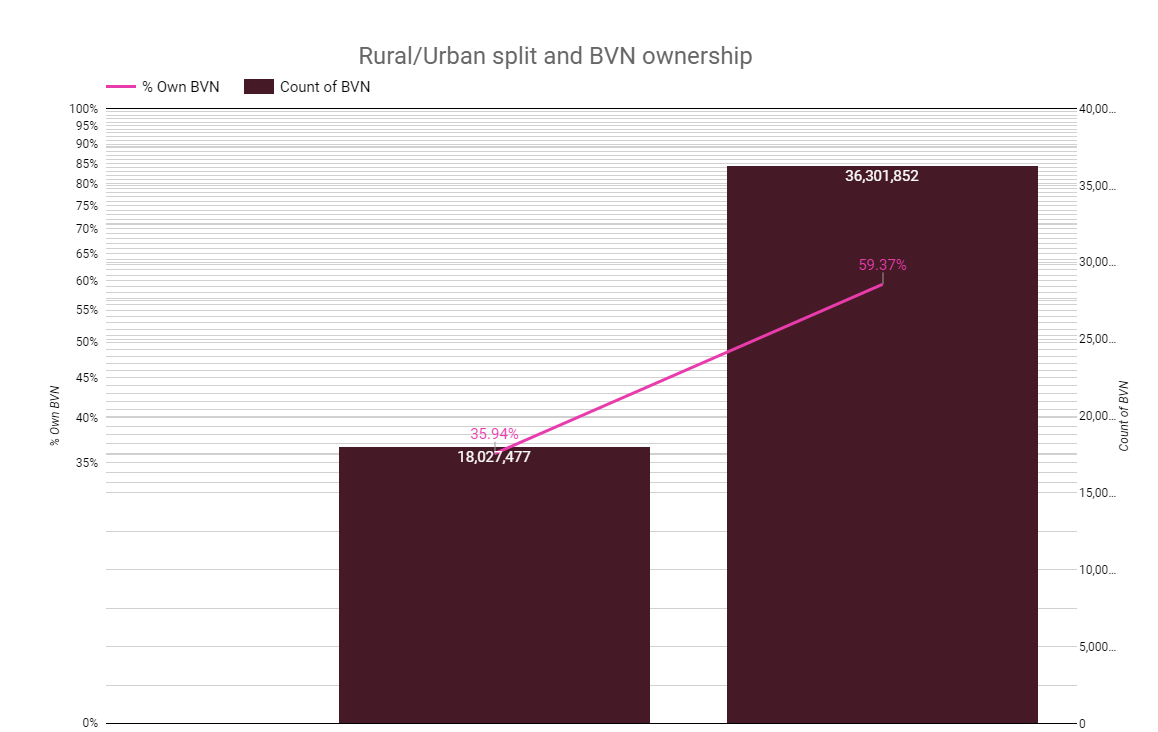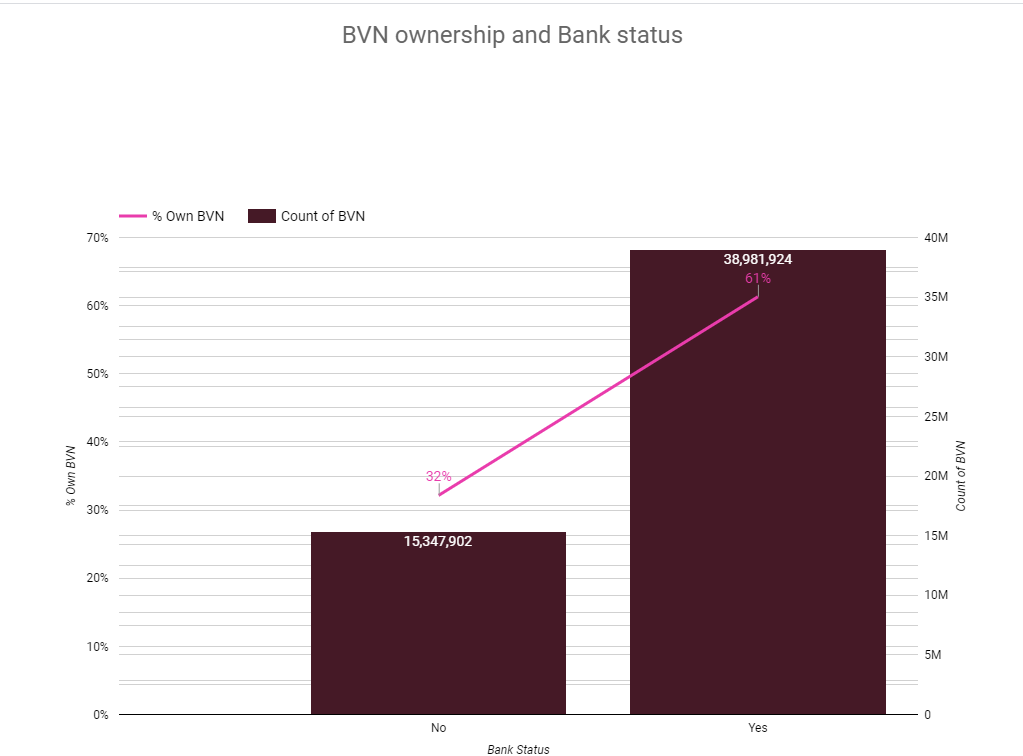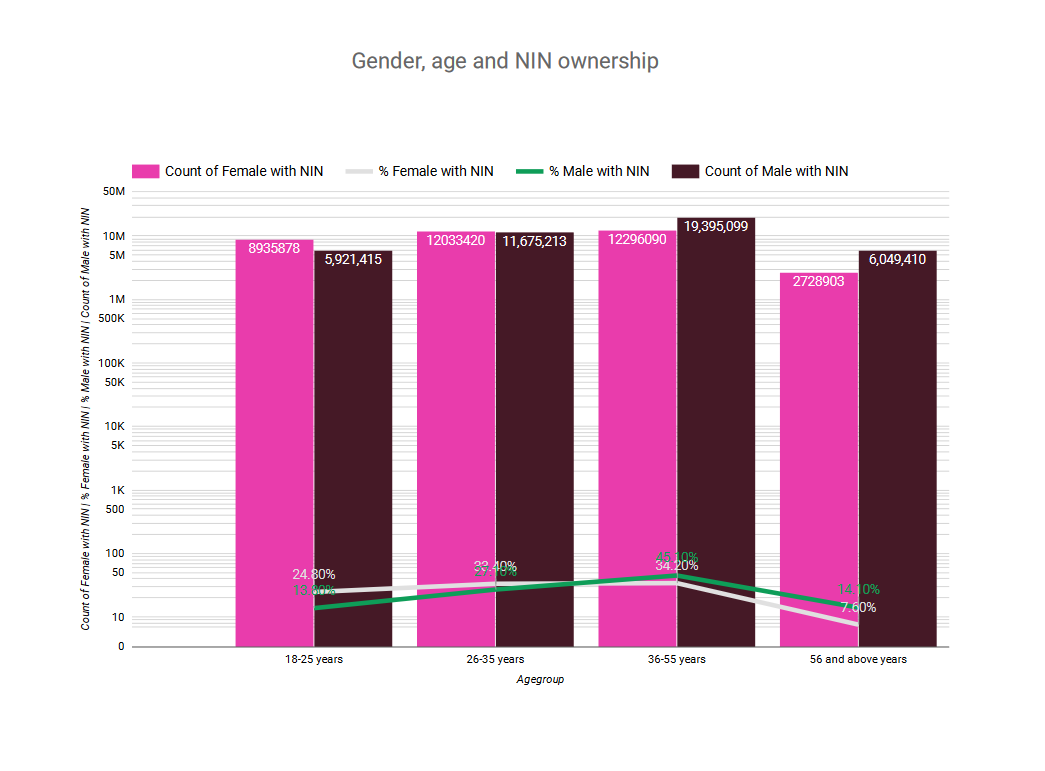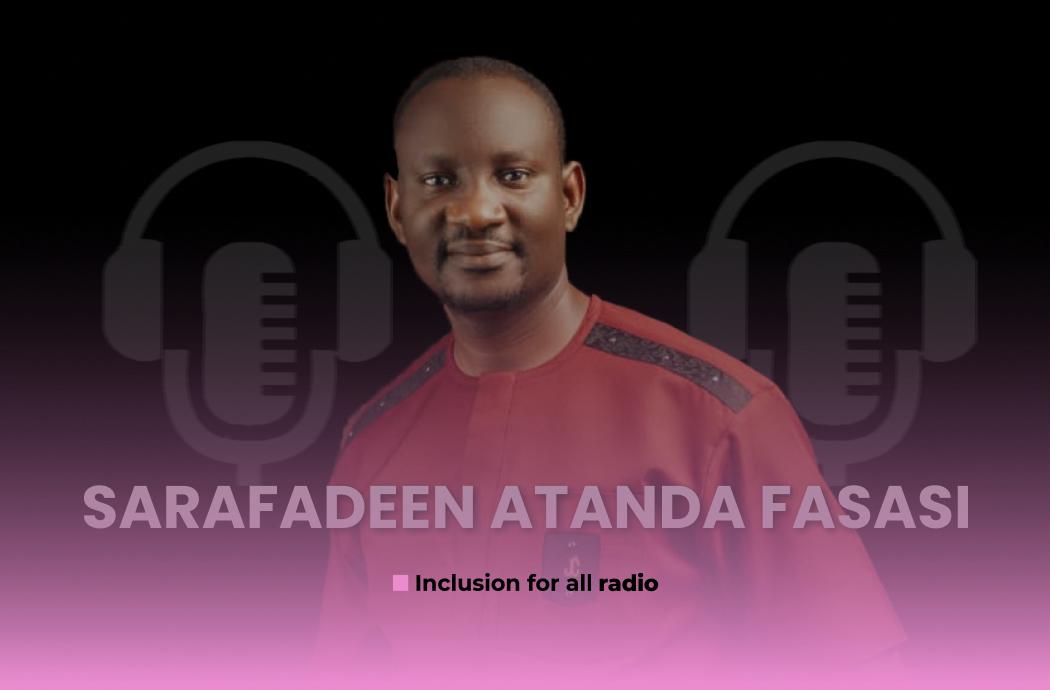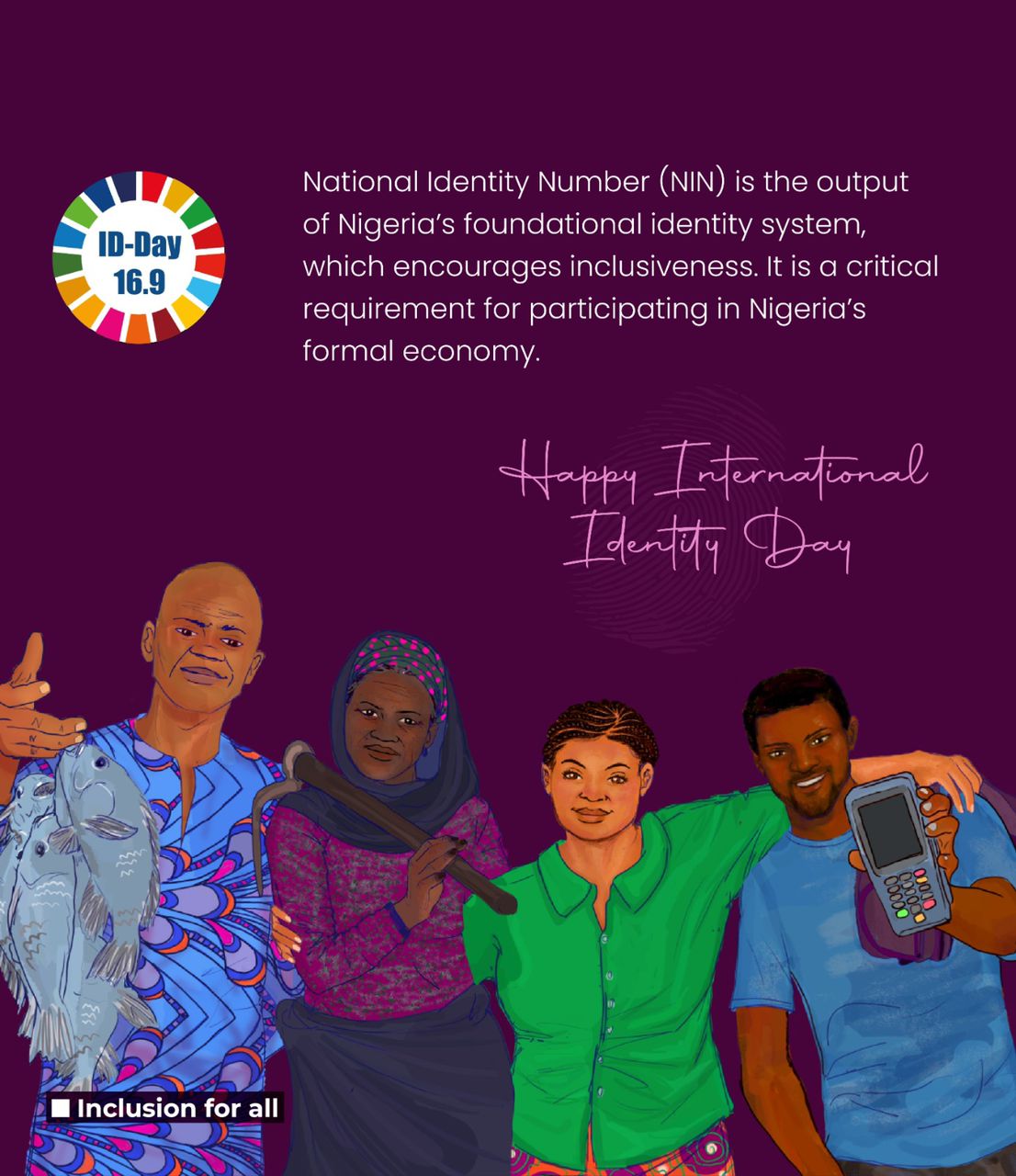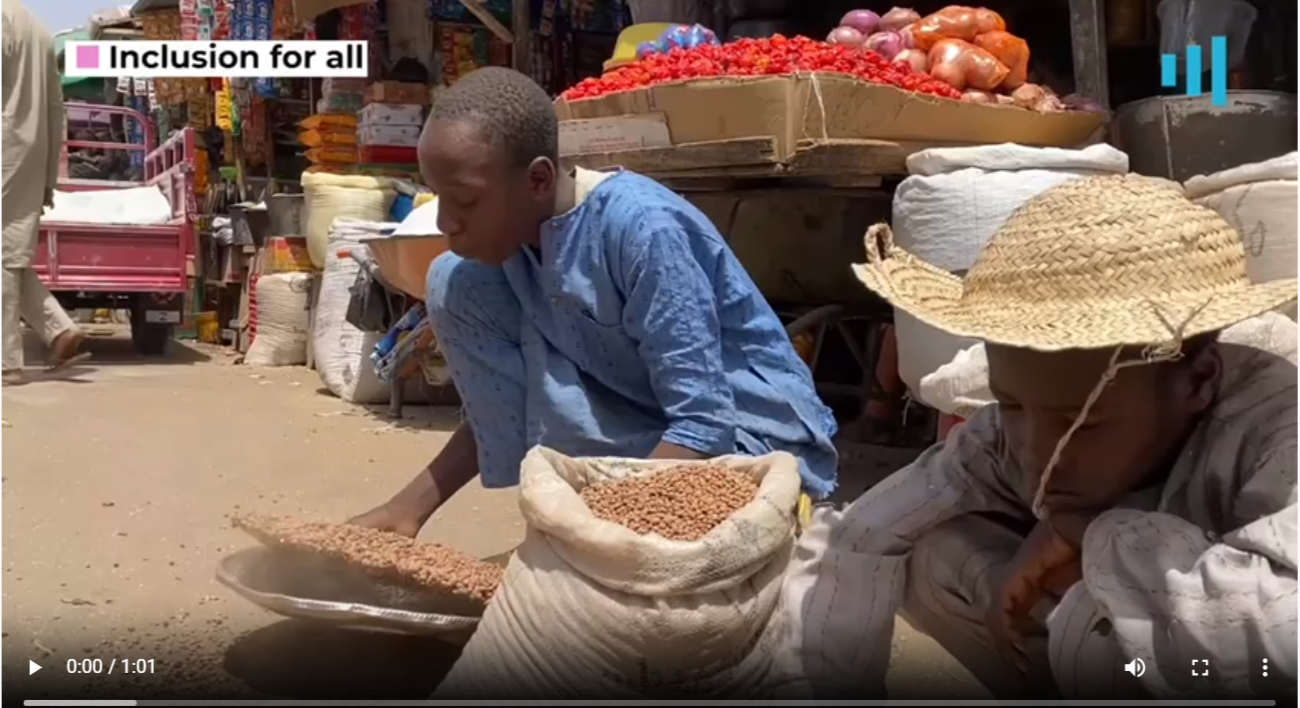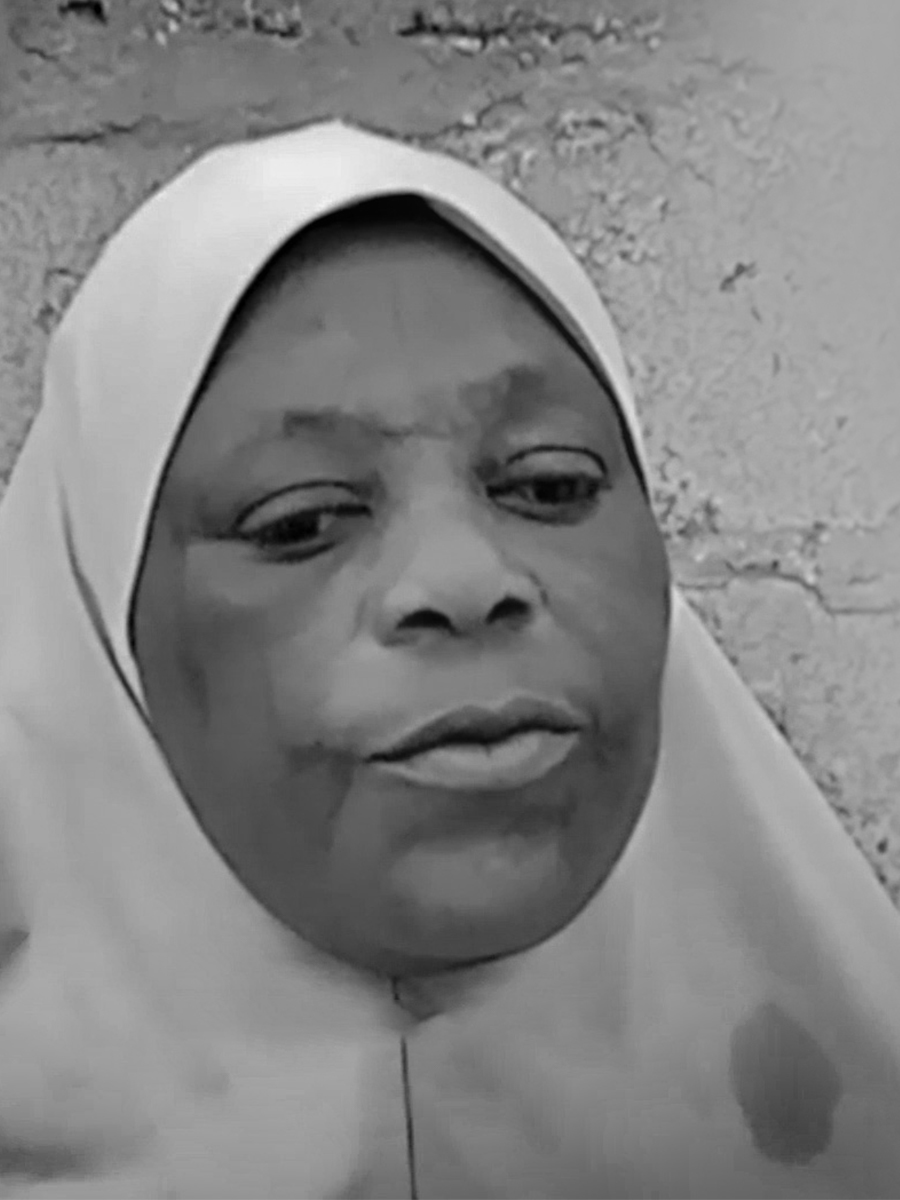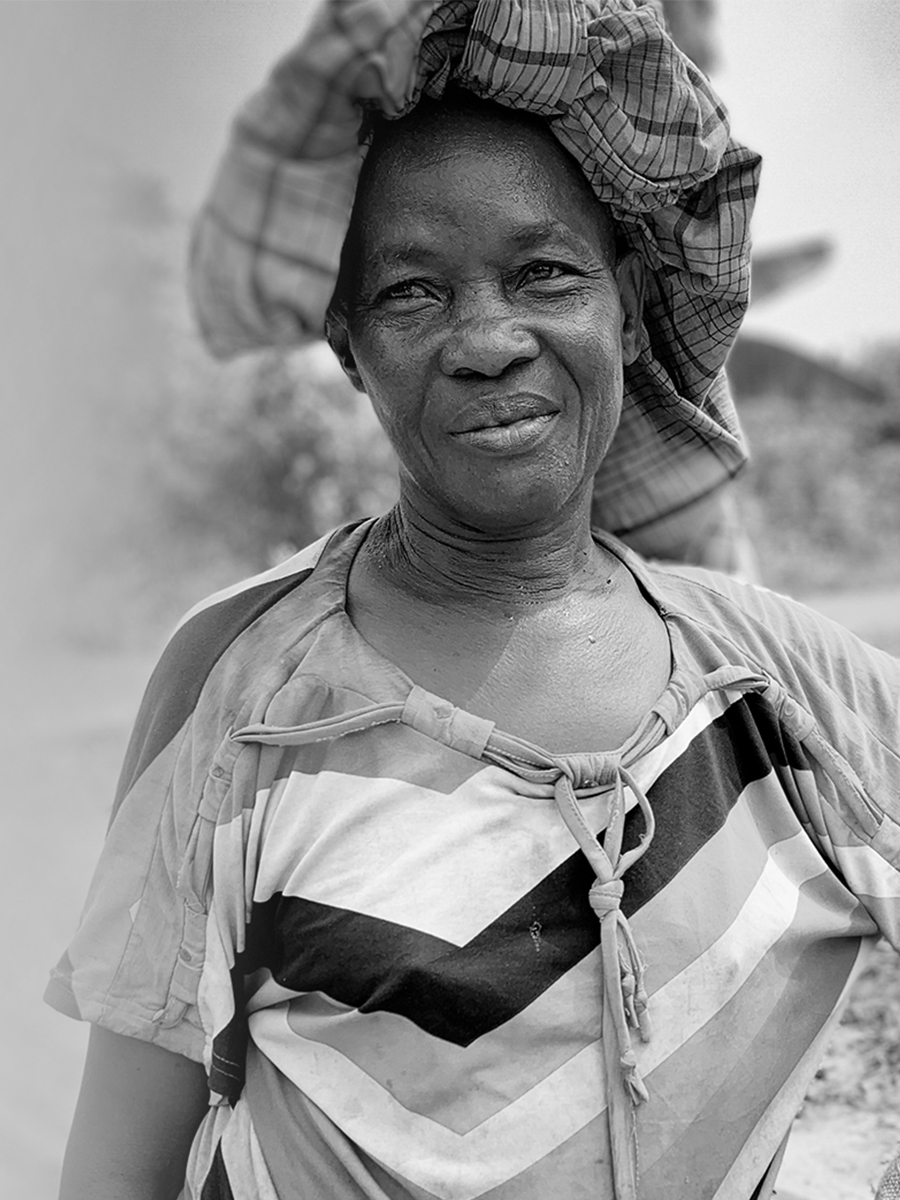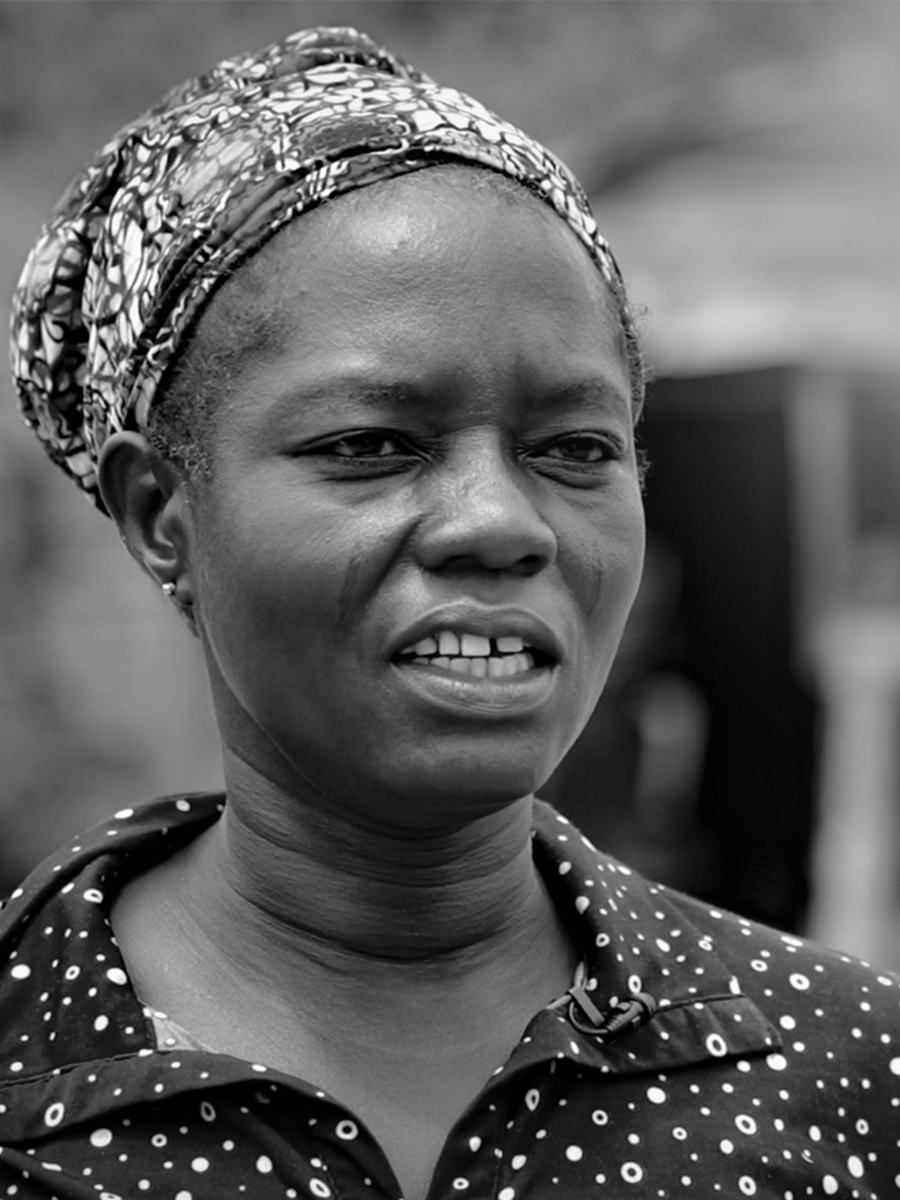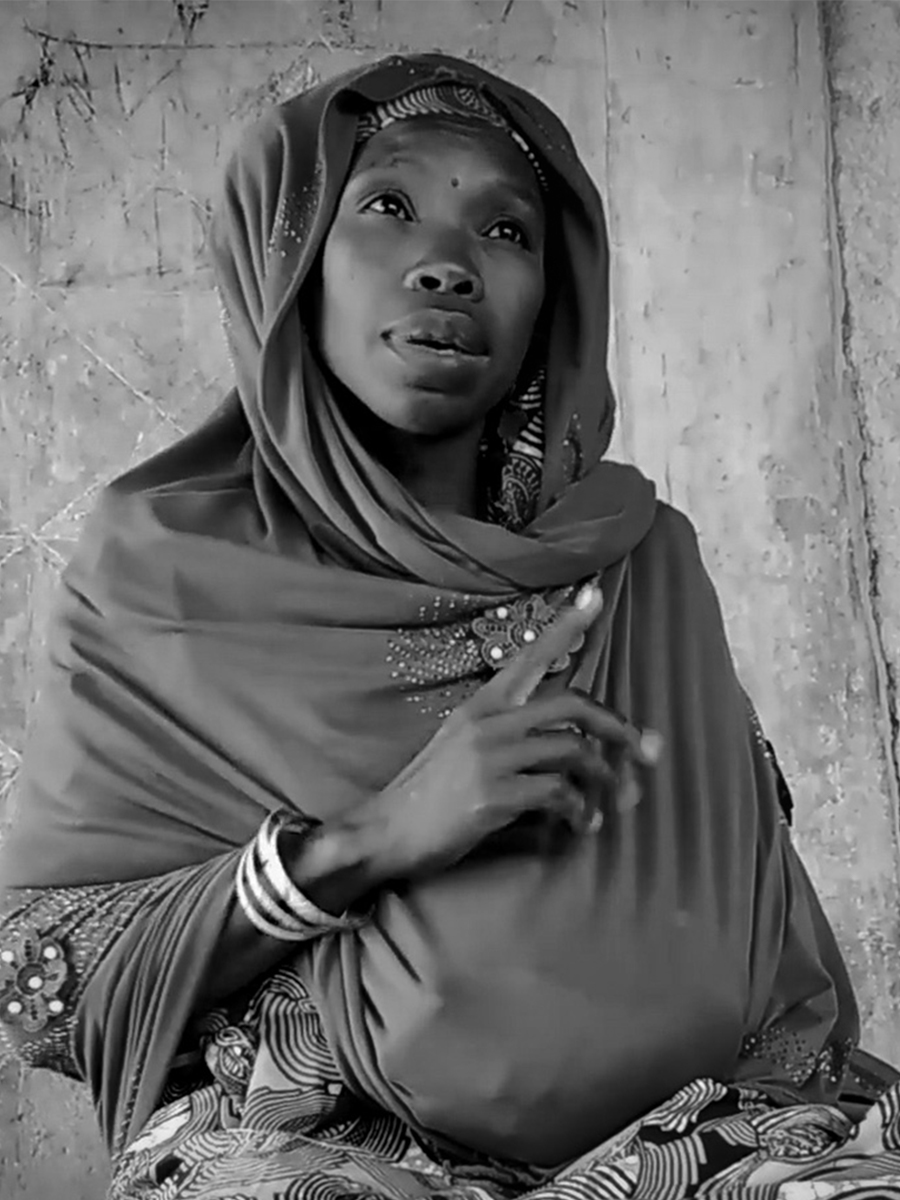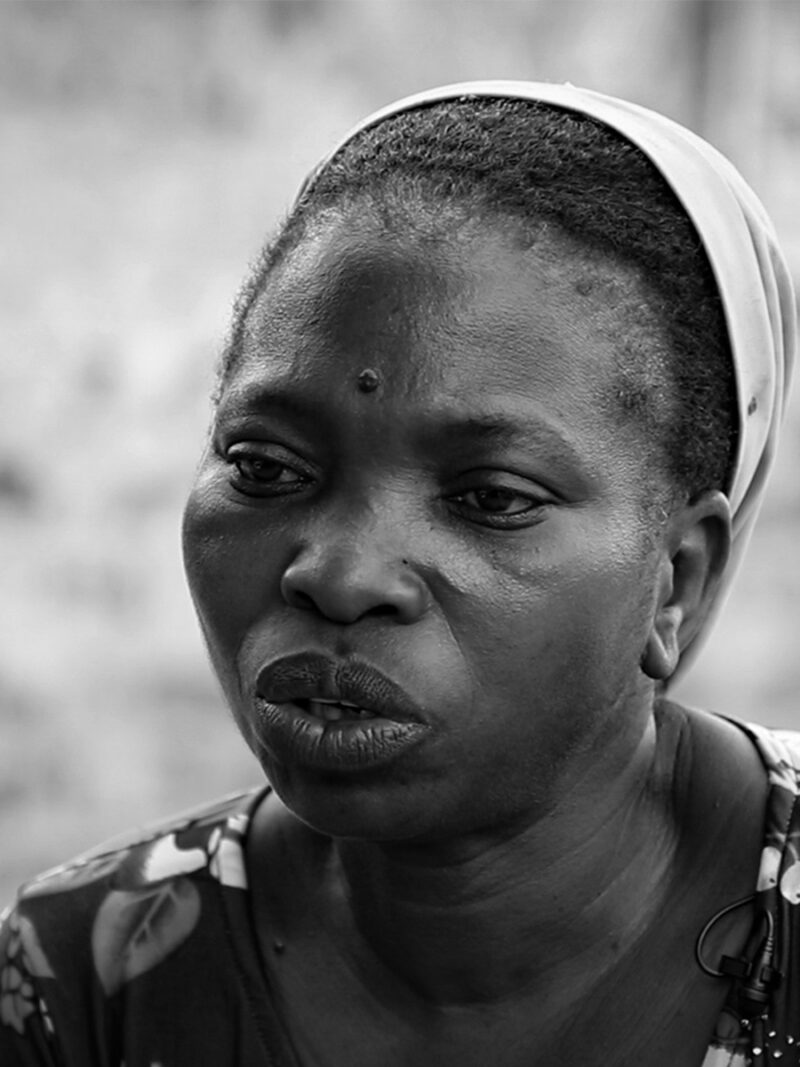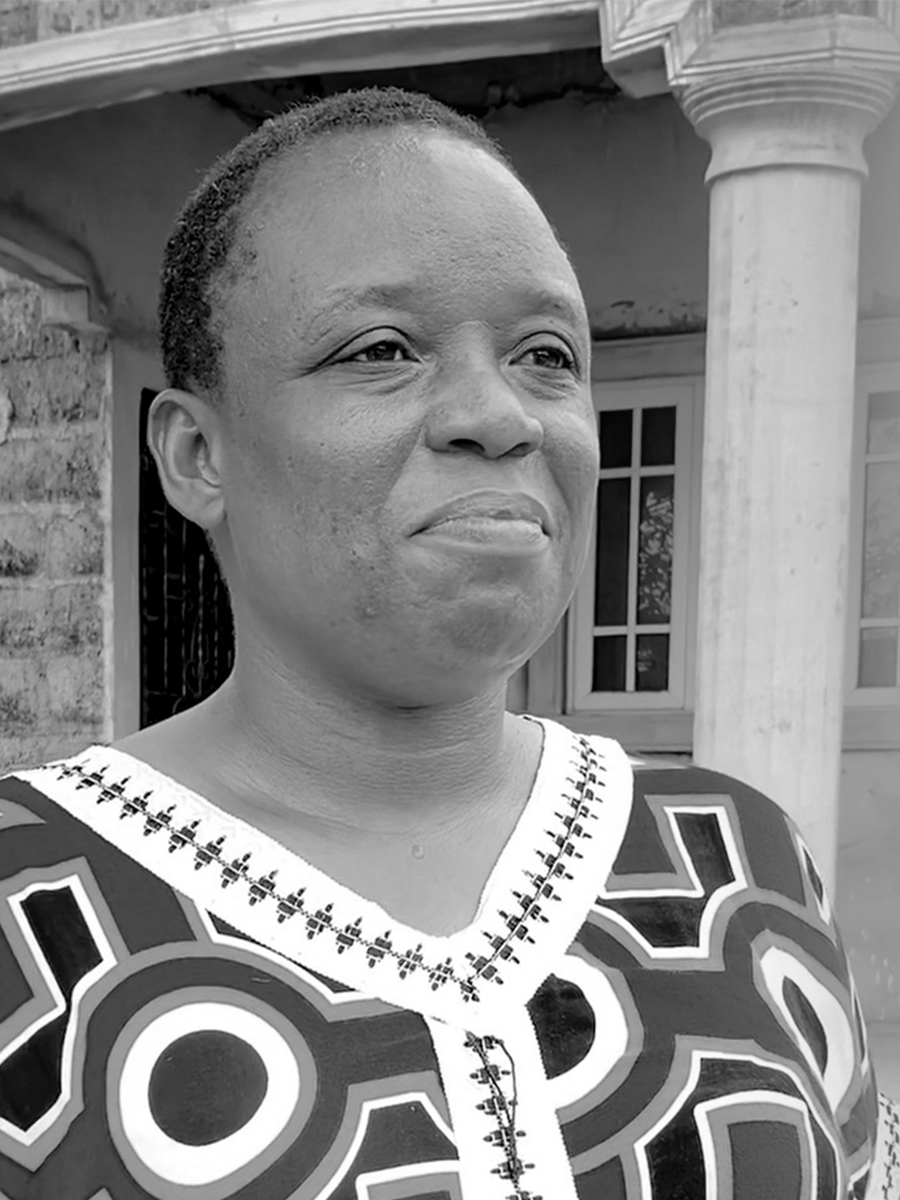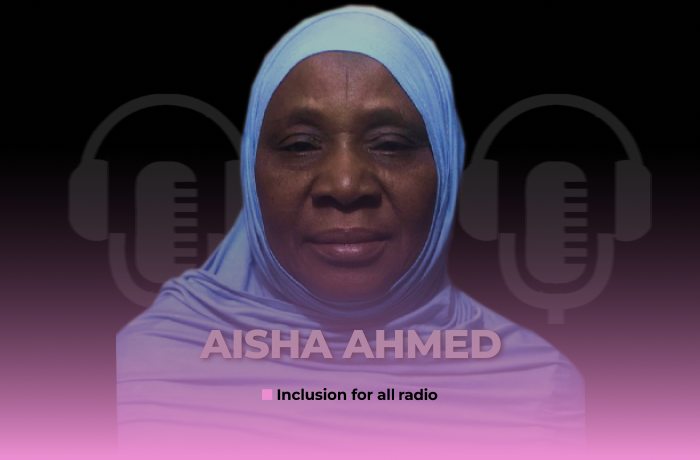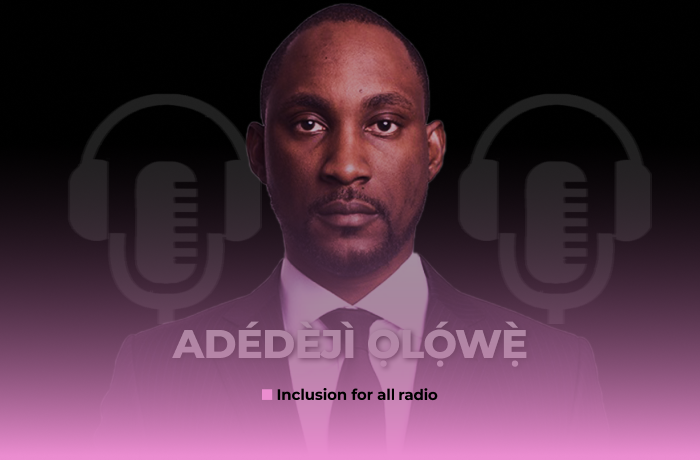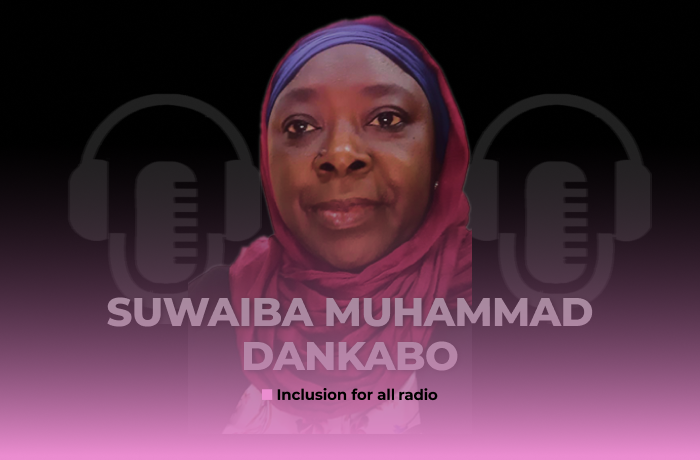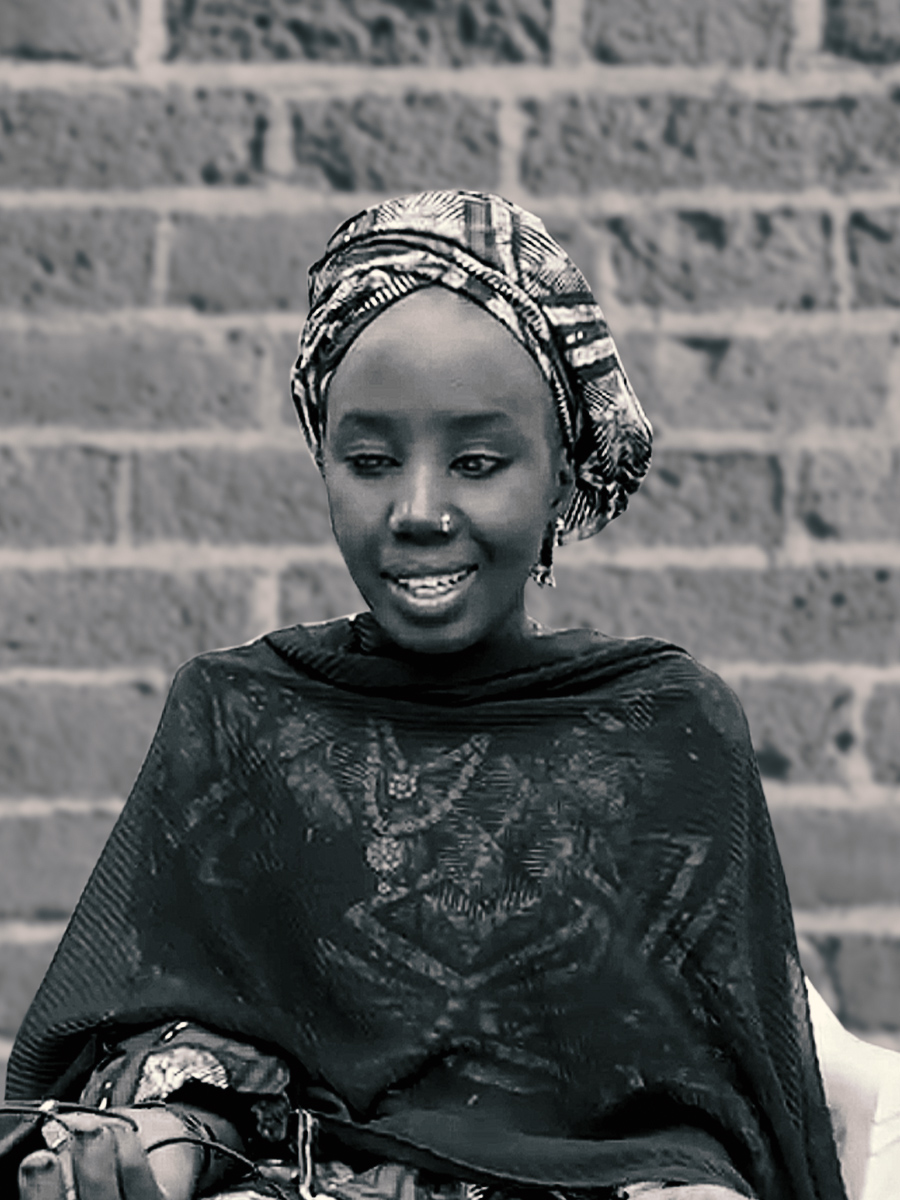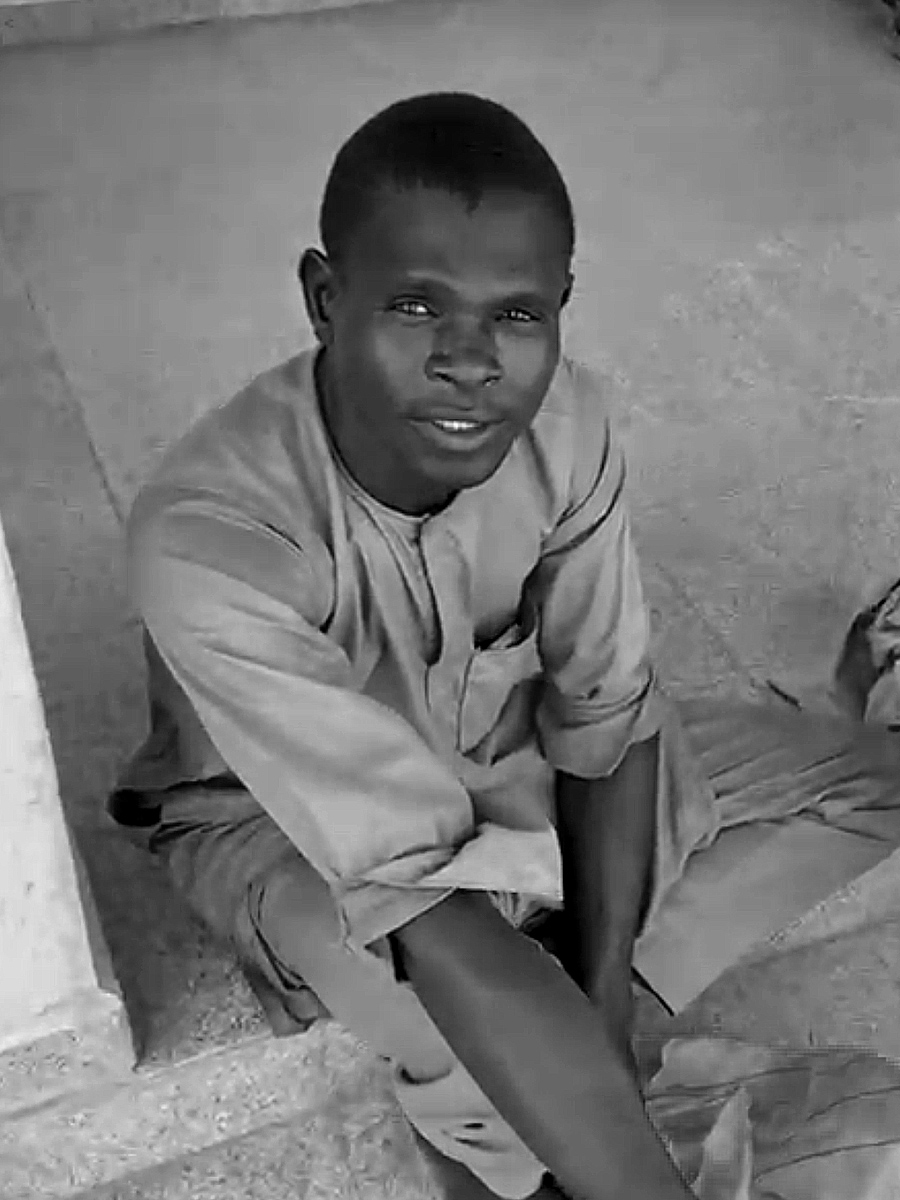
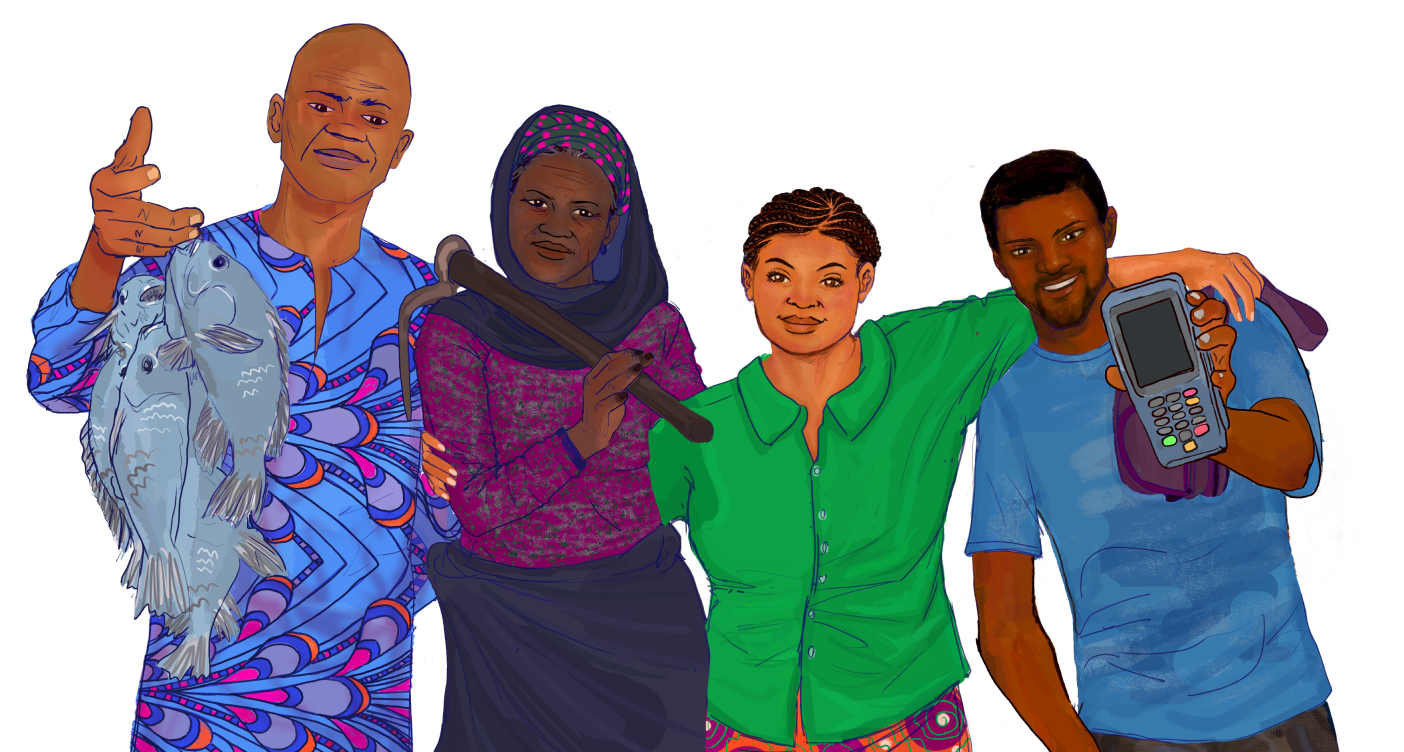
We want barriers to financial inclusion removed for marginalised Nigerian communities.
Our first priority National Identity Numbers For All
Marginalised Nigerians are more likely to be excluded from the formal economy due to a lack of ID; and the current ID enrolment framework presents barriers that disproportionately disadvantage these groups.
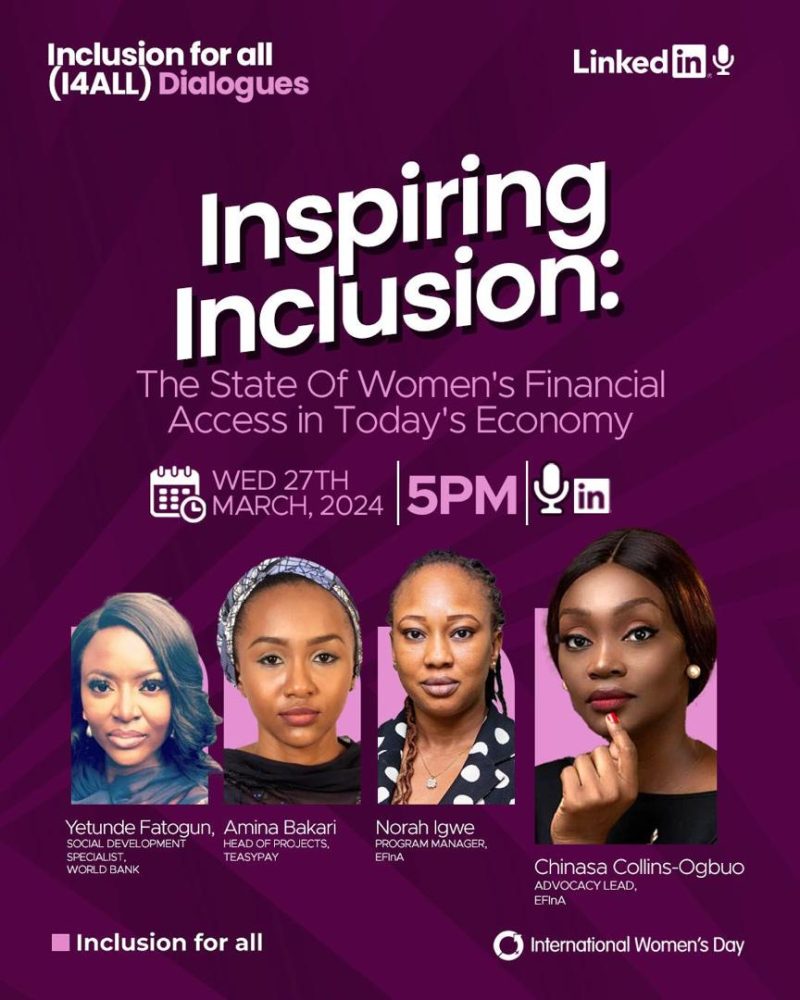
International Women’s Day 2024: Inclusion for All Dialogues
International Women’s Day 2024: Inclusion for All Dialogues
Another International Women’s Day has passed, and at Inclusion for all, we concluded Women’s Month with the second edition of our I4ALL Dialogues....
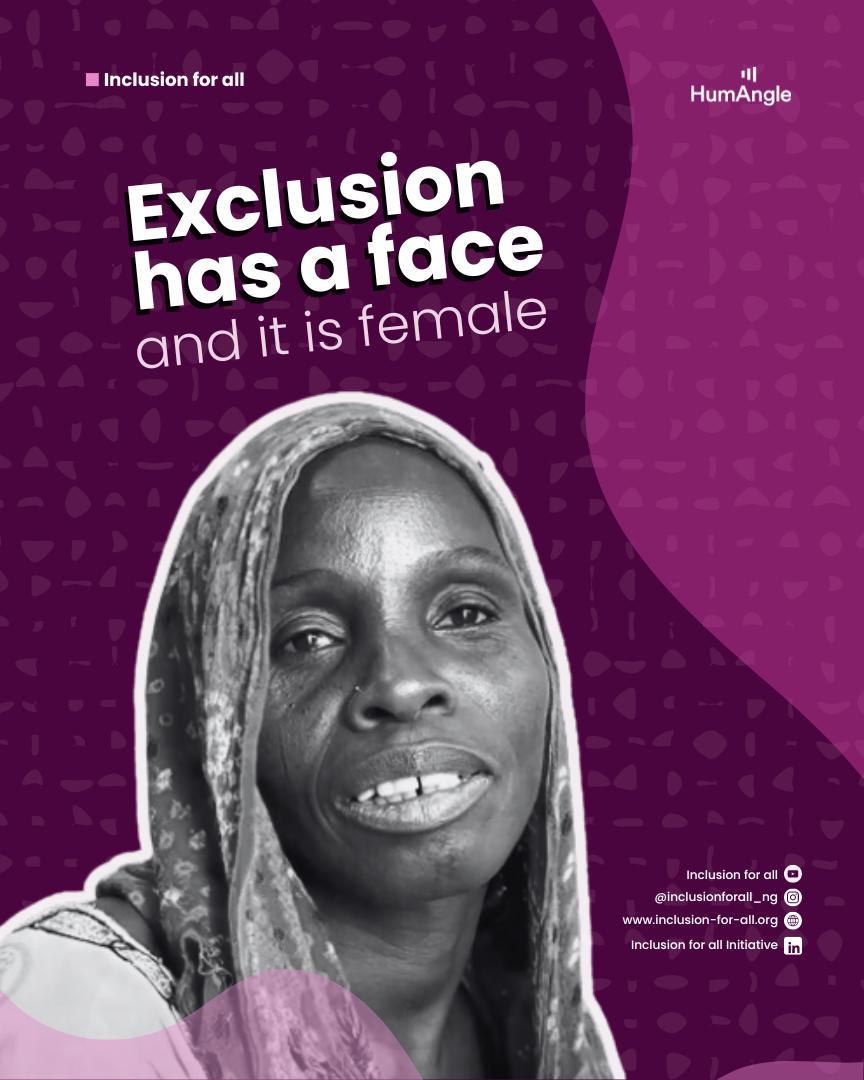
Exclusion has face and it is female
Exclusion has face and it is female
This Women’s Month, we’re shedding light on the gender gap in financial inclusion and the gendered effects of poverty that make women more lik...
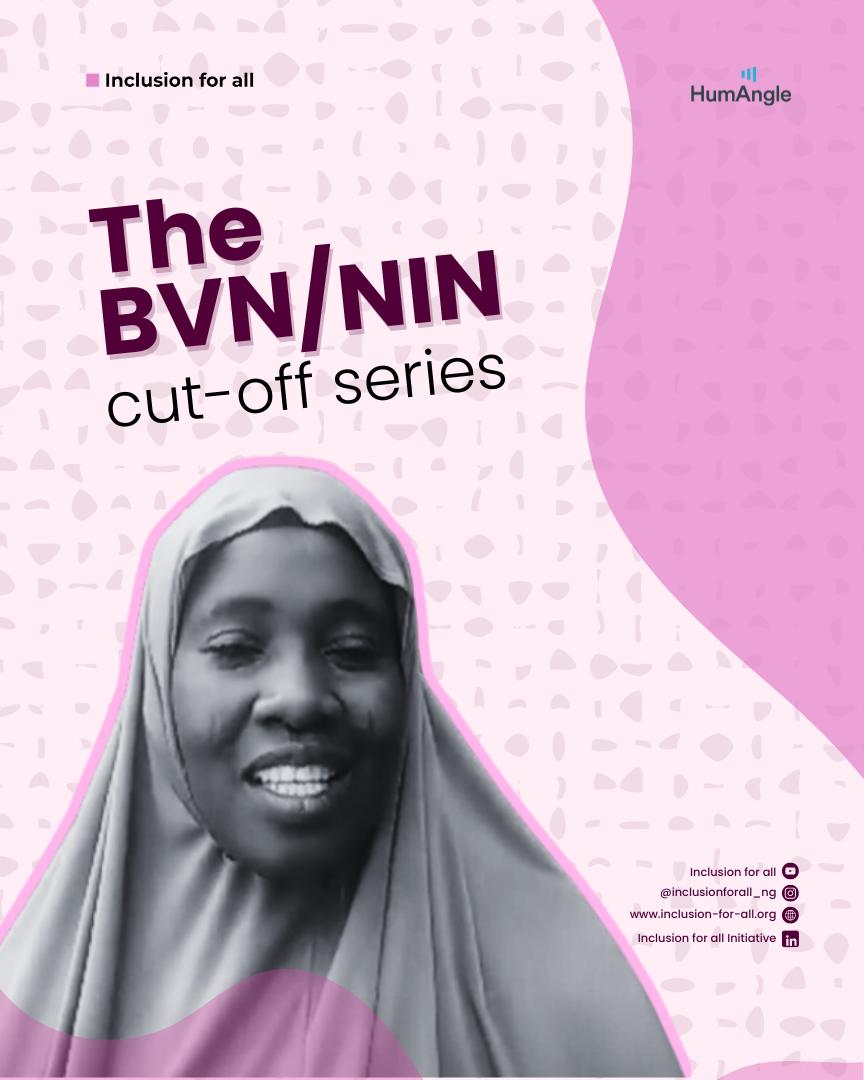
The BVN/NIN cut-off series
The BVN/NIN cut-off series
Limited enrolment centres and travel distances make it difficult for willing but marginalized Nigerians to link their NIN/BVN to their accounts before...

The power of identity
The power of identity
The NIN is Nigeria’s form of foundational digital ID that all bonafide citizens must have. Providing universal coverage and barrier-free access to I...

73% of Nigeria's unbanked adults unlikely to have the required ID to open a Tier-3 bank account.
National identity numbers for all
The likelihood of the respondents in the 2020 EFInA study owning ID decreased for every percentile (richest to poorest) of the World Bank's Poverty Probability Index category.
73% of Nigeria's unbanked adults identified in the 2020 EFInA survey did not have the required ID to open a Tier-3 bank account - likely to be women, poor farmers, living in rural communities.
Having ID does not make these groups formally included, but transitioning into formal inclusion is dependent on it.
News & announcements
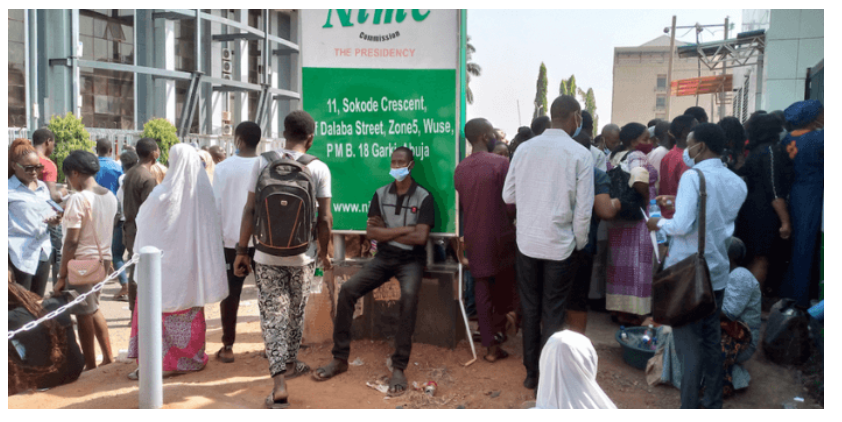
Inclusion for All / Inclusion for all
Imagine a Nigeria where all adult NIN holders are banked
Inclusion for All / Inclusion for all
Inclusion for all (I4ALL) and International Institute of Tropical Agriculture (IITA) research highlights access to formal identity challenges for female agricultural communities and the impact on livelihoods.

Inclusion 4 All / Inclusion for all
Press Release: Inclusion for all research identifies groups most vulnerable to identity exclusion
The data and the stories
May 21, 2024
Inclusion for All / Inclusion for all
BVN, mobile phone ownership
This chart shows the correlation between mobile phone usage and type of phone for BVN ownership
May 21, 2024
Inclusion for All / Inclusion for all
BVN ownership at state or residence
This map shows the BVN ownership rate across the thirty six states in the country
May 21, 2024
Inclusion for All / Inclusion for all
Gender and BVN ownership
This chart plots ownership of Bank Verification number against the gender of respondents according to a 2023 Access to Finance Survey (A2F) survey of more than 111, 306, 095 people undertaken in 2023.
May 21, 2024
Inclusion for All / Inclusion for all
NIN ownership and Bank status
This chart shows the correlation between bank account ownership and NIN ownership
May 21, 2024
Inclusion for All / Inclusion for all
NIN ownership and type of phone
This chart shows the correlation between mobile phone usage and type of phone for NIN ownership
May 21, 2024
Inclusion for All / Inclusion for all
NIN and mobile phone ownership
This chart shows the correlation between mobile phone usage and type of phone for NIN ownership

